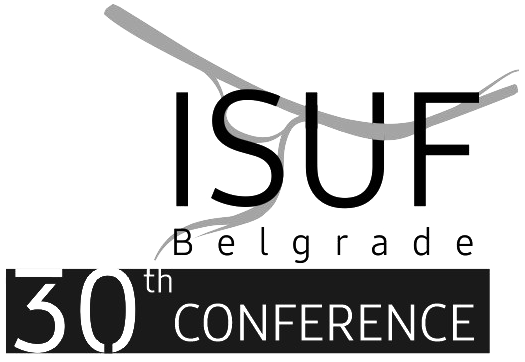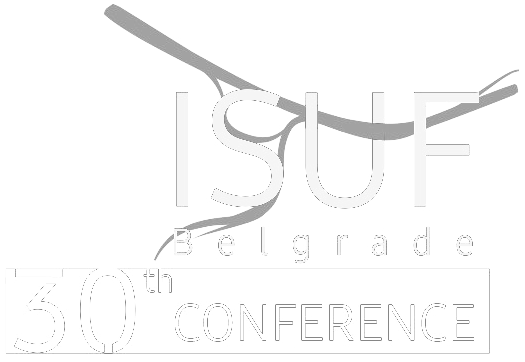Coming from 20 architects, geographers, planers and historians, to more than 600 individual and institutional members across the globe, ISUF presents the important international organization of urban form both for researchers and practitioners. Due to its orientation to both of these fields, ISUF 2023 presents a great opportunity to rethink the praxis, perceived as process by which theory/idea is enacted, embodied and realized.
The theme for ISUF 2023 is drawn from the previous experience and ideas, directed toward systematization and synthesis of intellectual knowledge.
Following this line of reasoning, the Conference tracks are envisioned to confront the topics that are represented as being opposed in order to open up a debate how to transfer ideas to operational knowledge
A. Good in Planning, landscapes and townscapes
Establishing critical framework for developing value based philosophy for acting in practice and using Urban Morphology as one of the key aspects that could guide value judgement.
Tracks:
- A1. Urban planning vs. Urban design
- A2. Fringe growth vs. Urban belt
- A3. Prescription vs. Description
B. Culture space, common space and personalities
Different spatial levels of manifestation and interpretation of cultural identity from the level of neighbourhood to the region, as well as individual contributions in their understanding through urban morphology
Tracks:
- B.1. East vs. West
- B.2. South vs. North
- B.3. Networks vs. Individuals
C. History of Ideas and Challenges
Looking at different ideas, concepts, approaches, notions that have influenced theory and practice that are challenged today and exposed to criticism + addressing challenges of the urban morphology
Tracks:
- C.1. History vs. Future
- C.2. Preservation vs. Transformation
- C.3. Pre vs. Post
D. Programming and Rethinking Concepts
Rethinking plans of actions / short and long term, Engaging “RE” approach – reconsidering definitions, reprograming research agenda, rethink the ways of knowing
Tracks:
- D.1. Strategies vs. Measures
- D.2. Education vs. Practice
- D.3. Quantitative vs. Qualitative research

